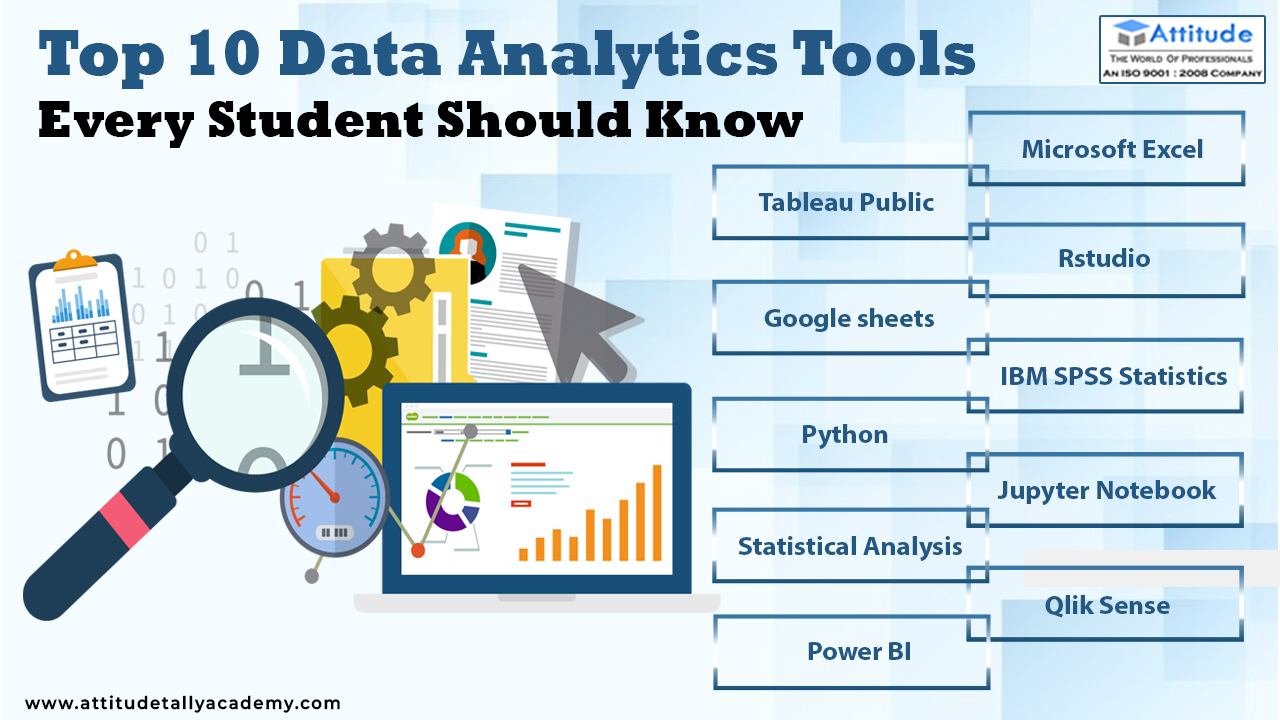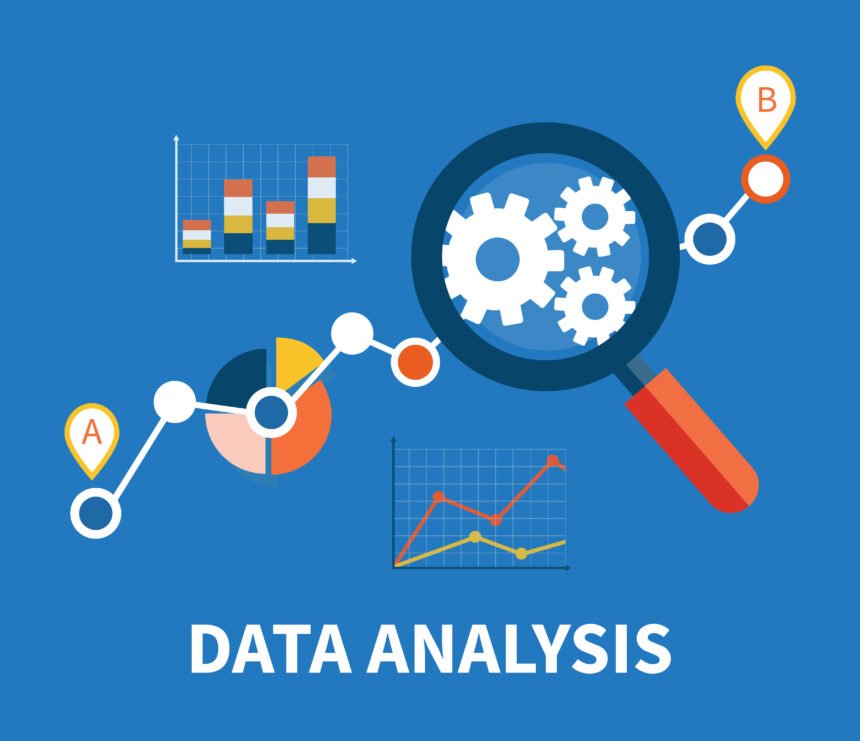Enhance Organization Processes Using Comprehensive Analytics Records
Enhance Organization Processes Using Comprehensive Analytics Records
Blog Article
Make The Most Of Development: Exactly How Analytics Drive Better Techniques
By using data understandings, services can fine-tune their functional approaches, anticipate market changes, and improve consumer engagement. The challenge lies not only in gathering information yet in effectively interpreting it to drive concrete end results.
Understanding Information Analytics
Data analytics is a methodical computational evaluation of information that makes it possible for companies to reveal meaningful patterns and insights. This procedure includes a range of methods, including analytical evaluation, anticipating modeling, and information mining, which collectively aim to change raw data into workable details - Analytics. By utilizing these techniques, companies can make enlightened choices that are rooted in empirical proof instead of instinct alone
The structure of information analytics hinges on its ability to deal with huge amounts of information from diverse resources. This includes organized data, such as databases, and disorganized information, including social media sites communications and consumer comments. Through the use of specialized software application and tools, analysts can remove and refine this data effectively, identifying trends and relationships that may not be quickly apparent.
Recognizing information analytics also entails identifying the relevance of information quality and honesty. Precise and reliable information is vital for meaningful evaluation; therefore, organizations have to execute durable data administration methods. Furthermore, the repetitive nature of analytics permits continual improvement and enhancement of strategies, making certain that organizations remain agile despite changing market characteristics and customer behavior.
Key Benefits of Analytics

One of the key benefits of analytics is its ability to provide actionable insights. Organizations can rapidly examine huge amounts of data, revealing patterns that may not be instantly evident. This assists in anticipating market shifts and adapting strategies accordingly. Additionally, analytics fosters a culture of evidence-based decision-making, decreasing reliance on instinct and uncertainty.
Another significant advantage is improved client understanding. Analytics tools make it possible for organizations to sector their audience, track consumer behavior, and personalize advertising initiatives. This targeted strategy not just boosts client engagement yet likewise drives higher conversion rates.

Implementing Analytics Strategies
To totally realize the advantages of analytics, companies must embrace organized methods for execution. This begins with clearly specifying purposes that straighten with wider organization goals. By establishing particular, quantifiable results, companies can concentrate their analytics efforts on areas that generate the highest possible roi.
Next, companies need to focus on information governance to make sure the honesty and security of the data being evaluated. This involves establishing protocols for data collection, storage space, and accessibility while sticking to relevant regulations. Guaranteeing top notch information is crucial for producing purposeful understandings.
In addition, cultivating a society of data-driven decision-making is crucial. This needs training workers to translate analytics findings and encouraging collaboration across departments. When teams comprehend the value of analytics, they are more probable to integrate understandings right into their day-to-day procedures.
Last but not least, companies must on a regular basis review and fine-tune their analytics techniques. The landscape of data and modern technology is continuously progressing, and remaining versatile will allow companies to take advantage of new tools and techniques properly. By carrying out these structured approaches, companies can make the most of the influence of their analytics efforts and drive sustainable development.
Tools for Effective Analysis
Reliable analysis relies upon a range of tools that promote the removal of insights from information - Analytics. These tools can vary from easy spreadsheet applications to innovative device learning platforms, each offering an unique function in the analytical procedure
Information visualization software program, such as Tableau and Power BI, plays a vital role in transforming complicated datasets right look at this website into understandable visual representations. These devices make it possible for analysts to determine fads and patterns quickly, enabling even more enlightened decision-making.
Statistical evaluation software application, like R and SAS, uses innovative capabilities for carrying out thorough analyses, consisting of regression, hypothesis testing, and predictive modeling - Analytics. These functions equip companies to draw significant verdicts from their information, recognizing potential opportunities and threats
Additionally, database administration systems such as SQL and NoSQL data sources supply the needed facilities for keeping and quizing huge quantities of information effectively. They make certain that data is organized and available for analysis.
Finally, company website company intelligence platforms incorporate various data sources, providing an extensive view of organizational efficiency. By making use of these devices efficiently, companies can improve their analytical capabilities, allowing them to establish strategies that make best use of development and enhance general performance.
Instance Studies of Success
Effective organizations commonly leverage data analytics to drive impactful strategies, as confirmed by several significant case research studies. By using these insights, Netflix has actually successfully customized its material suggestions, resulting in raised individual engagement and client retention.

Furthermore, Starbucks uses information analytics to determine optimal store locations and refine its product offerings. By examining client demographics and buying patterns, Starbucks effectively determines high-potential markets and tailors its menu to regional preferences, driving sales and consumer commitment.
These instance research studies highlight that reliable application of information analytics can bring about critical benefits, promoting advancement and growth within companies throughout different industries.
Conclusion
In verdict, the combination of analytics into business techniques significantly improves decision-making processes and fosters sustainable growth. The reliable implementation of analytics devices even more sustains dexterity and technology, Check This Out allowing companies to navigate affordable landscapes with greater precision.
Information analytics is a systematic computational evaluation of data that allows companies to uncover purposeful patterns and understandings.Understanding data analytics additionally involves acknowledging the relevance of data quality and honesty. Precise and reliable data is crucial for meaningful analysis; therefore, companies should apply robust information governance methods.Following, companies should prioritize data administration to make certain the integrity and safety and security of the information being assessed.Successful organizations often leverage data analytics to drive impactful methods, as shown by numerous notable situation researches.
Report this page